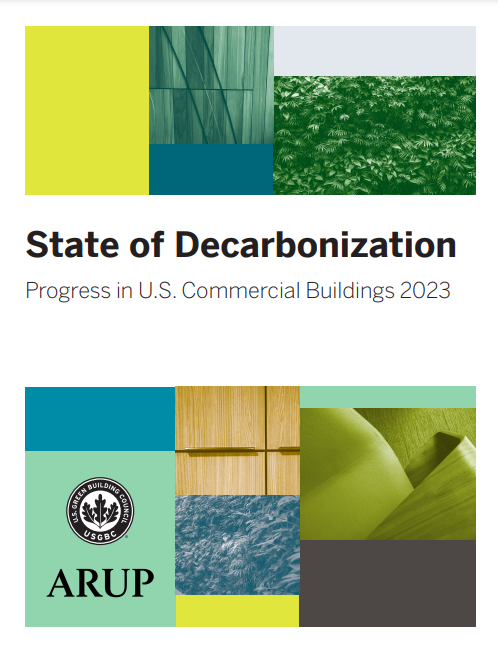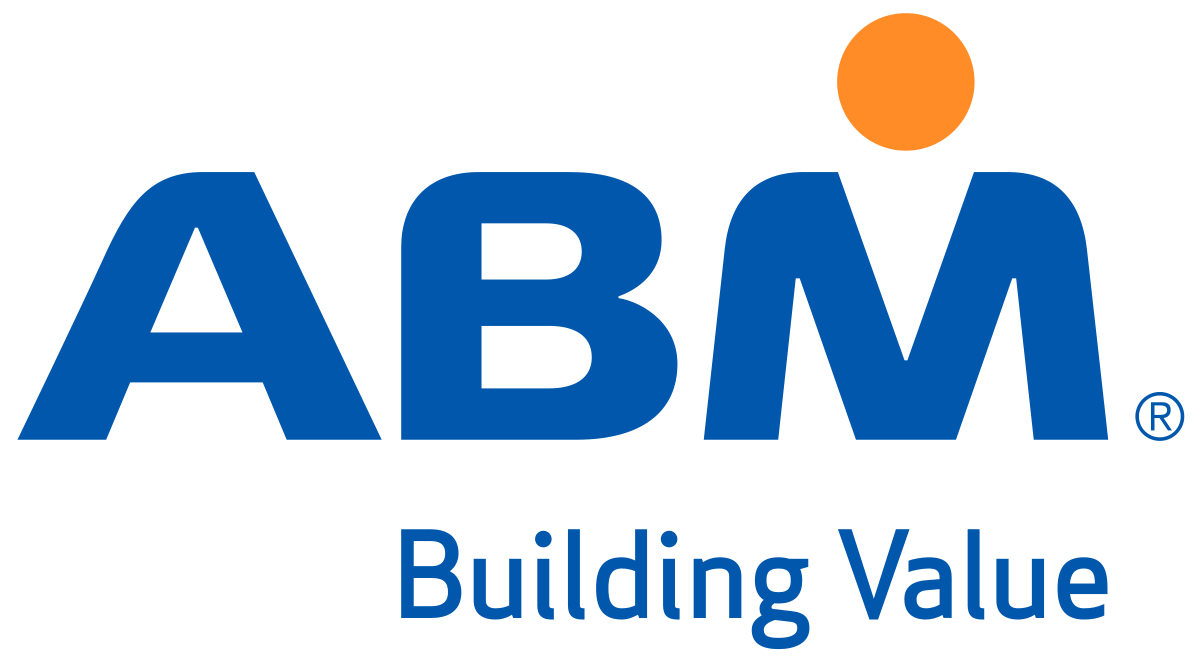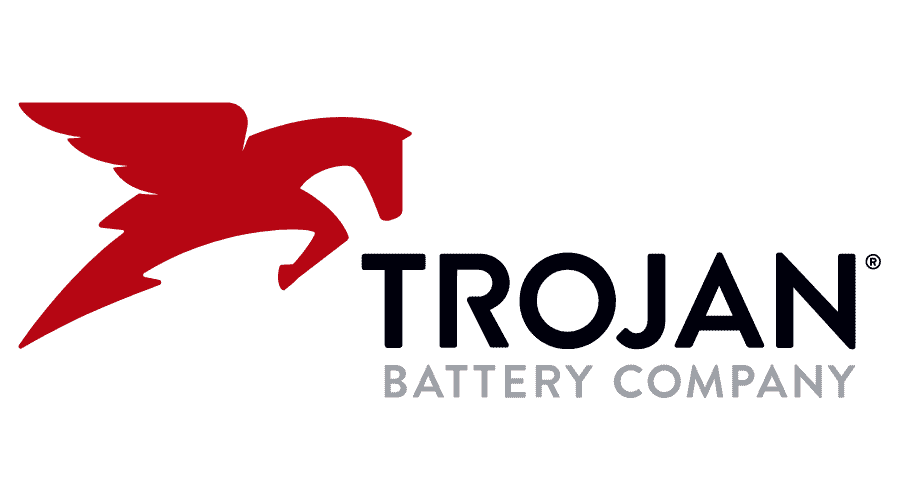By Johann Nacario — March 1, 2024 The U.S. Green Building Council (USGBC), a global authority on green building and the developer of the LEED green building program, recently released a first-of-its-kind report on the U.S. commercial real estate sector. Surveying three decades of data, the State of Decarbonization: Progress in U.S. Commercial Buildings 2023, released at COP28, found the U.S. has made vital, yet unequal, progress in decarbonizing commercial real estate.
 Produced in collaboration with the global sustainable development firm Arup, this inaugural State of Decarbonization report is touted as the first of its kind to deliver both key historical data and targeted opportunities for future improvement. Importantly, the report identified high-opportunity areas that can be decarbonized faster, such as deep retrofits in refrigerated warehouses, where emissions grew in recent years, and older commercial buildings, where pre–1980 buildings account for nearly 40% of gross commercial floor area in the U.S. and could utilize nearly half of the expanded commercial energy efficiency tax deduction in 2022’s Inflation Reduction Act, a key lever for decarbonization per the report.
Produced in collaboration with the global sustainable development firm Arup, this inaugural State of Decarbonization report is touted as the first of its kind to deliver both key historical data and targeted opportunities for future improvement. Importantly, the report identified high-opportunity areas that can be decarbonized faster, such as deep retrofits in refrigerated warehouses, where emissions grew in recent years, and older commercial buildings, where pre–1980 buildings account for nearly 40% of gross commercial floor area in the U.S. and could utilize nearly half of the expanded commercial energy efficiency tax deduction in 2022’s Inflation Reduction Act, a key lever for decarbonization per the report.
The report underscores that the U.S. has the tools it needs to reduce building-related emissions, and new federal funds provide the real estate sector with a unique, immediate opportunity to deploy critical improvements swiftly and widely across the nation. For example, the investments from the Inflation Reduction Act’s clean energy and climate action provisions could enable the building sector to meet its proportional share of the Paris target early, in 2029.
With proven decarbonization strategies long championed by USGBC becoming available and cost-competitive, commercial buildings have become 37% less carbon intensive and 26% more energy efficient on average. However, despite these significant reductions, the report found overall sector emissions of commercial buildings have remained flat since 1990, a result of significant increases in total building floor area.
Peter Templeton, president and CEO, USGBC, stated:
This report confirms our progress to date on U.S. commercial building decarbonization and serves as a powerful call to deploy proven solutions at greater speed and scale across all sectors and communities. We can and must work together — with partners across and beyond the building industry — to seize immediate opportunities for achieving our urgent goals.
Robert Kay, Arup’s Americas Climate and Sustainability Services leader, added:
This report is a crucial resource in understanding where we are presently, where we need to be in the very near future, and the strategies we can leverage to help us meet our critical climate goals. We must accelerate decarbonization progress from where each city and state is at right now in order to reach our objectives.
The State of Decarbonization 2023 report is released as USGBC and other global leaders are convening at COP28 in Dubai, UAE. USGBC has participated at the annual COP meeting since Copenhagen in 2009, where the organization was a lone but influential voice bringing much-needed attention to the central role that buildings must play in addressing climate change.
With full citations, sources, and methodology provided, the report analyses focus on energy and operational emissions where data are more robust and actions more mature. This report complements critical new resources for building decarbonization, including the RMI-USGBC report Driving Action on Embodied Carbon in Buildings released earlier this year, and will help policymakers, advocates and companies understand the landscape and develop strategies to achieve the urgent scale of action needed.
Alongside the report, USGBC has announced LEED v5, the forthcoming leadership standard that aligns building decarbonization action with the urgency of the 2030 and 2050 Paris Agreement targets while also addressing critical imperatives related to human health, resilience, biodiversity and equity.
The State of Decarbonization: Progress in U.S. Commercial Buildings 2023 report can be read in full at USGBC.




